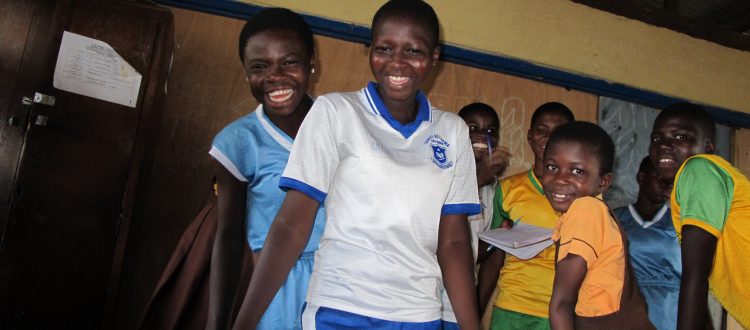Impact Of COVID-19 On Education: Ghana In Perspective
Featured article by Prince Ayerakwa
The novel coronavirus which started in Wuhan, China at the end of 2019 has become a top global issue. Coronavirus refers to a large family of viruses that includes SARS-CoV-2, the virus that causes COVID-19. It is believed that the virus was transmitted from animals to humans. Some of the first cases were diagnosed in people who had visited a market selling live seafood and animals.
Many countries worldwide have recorded different cases since its emergence⸱ Ghana for instance recorded its first two cases on 12th March, 2020 from returnees from Norway and Turkey⸱ COVID-19 has created a myriad of challenges on almost all sectors of the economy: Agriculture, transport, trade, banking, health, education and all forms of businesses. To each of these sectors, this mysterious outbreak has left both positive and negative legacies This article seeks to highlight the impact of coronavirus on education both positively and negatively⸱
Coronavirus has negatively impacted education in conspicuous ways. Notable among them are expatiated below.
The first among them is the closure of schools. The negative impact first began on 16th of March, 2020 when all schools in Ghana were shut down, as a necessary safety measure to contain the spread of the enemy-virus. This mandatory closure has disrupted school calendar and activities.
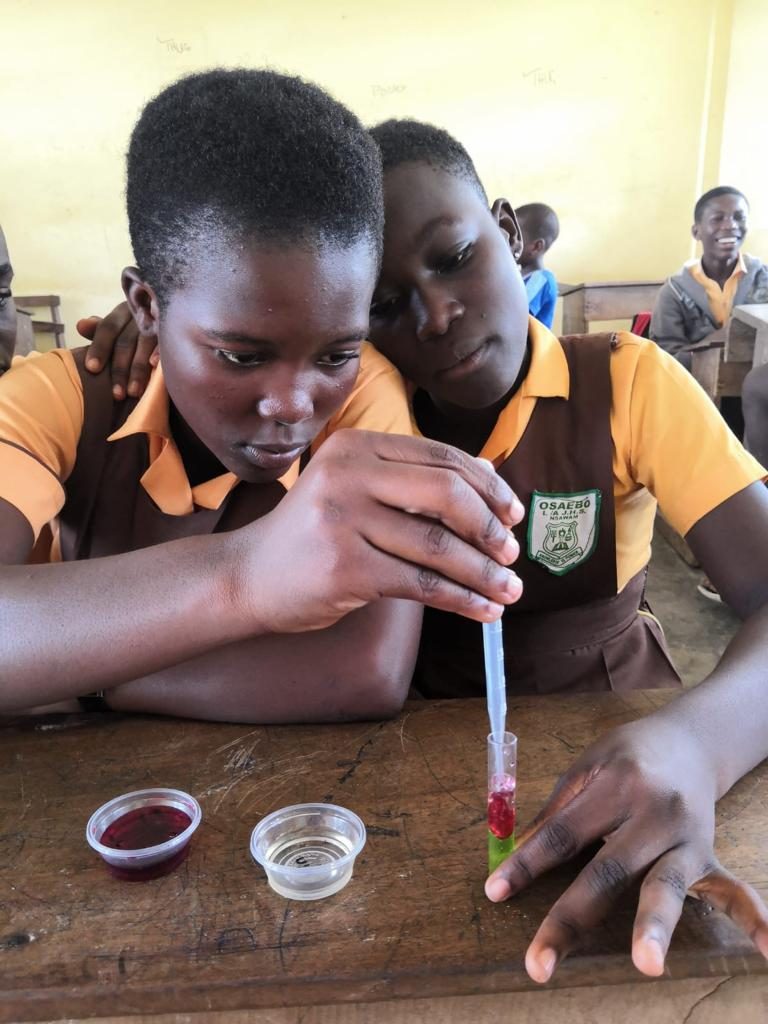
Curriculum activities such as teaching and learning, conducting and making of examinations have been disrupted. Since the academic calendar was not completed before the closure of schools, nobody knows the fate of students and pupils who are still at home: whether they will be promoted to the next grade or class or they will still repeat the current class.
Even extra-curricular activities such as sports of all kinds and cultural festivals have not been spared, not to mention the unfavorable alterations in the time table of the national examination board which is the West African Examination Council (WAEC). The 2020 BECE candidates started their exams on 14th September, 2020 instead of June 2020. The closure of schools has also resulted in the deterioration of educational facilities due to the lack of use and maintenance. Many projects that were ongoing have been stopped due to lack of funds.
What is more, coronavirus has put pressure on teachers who are the head and heart of the education enterprise. It has presented explicit risks to the teaching force. Some teachers had to move from their posts to their hometowns unprepared or seek other work if school closing is prolonged. Many are still at home combating with hunger since they are jobless. While majority of teachers at the public sector are still being paid despite they are not currently in school, teachers at the private sector have been neglected.
They are not being paid because the source of income (i.e. school fees) from which school proprietors would pay these teachers have been cut. Therefore, the challenge that will plague the education system is that many teachers, especially those at the private sector, will not return to the classroom when schools are fully opened since they have found other jobs to be more lucrative. A classic example that can be seen in Asankrangwa is that many teachers are seen riding tricycle, popularly known in Ghana as `pragia’, as their daily business.
Another negative impact of the coronavirus is that it has resulted in passive learning by students. The sudden shift to online learning has left students frustrated since they were not prepared to embrace that sudden change in education. Added to this is that we may be leaving a large proportion of the students untouched due to the digital divide that is part of many developing nations like Ghana.
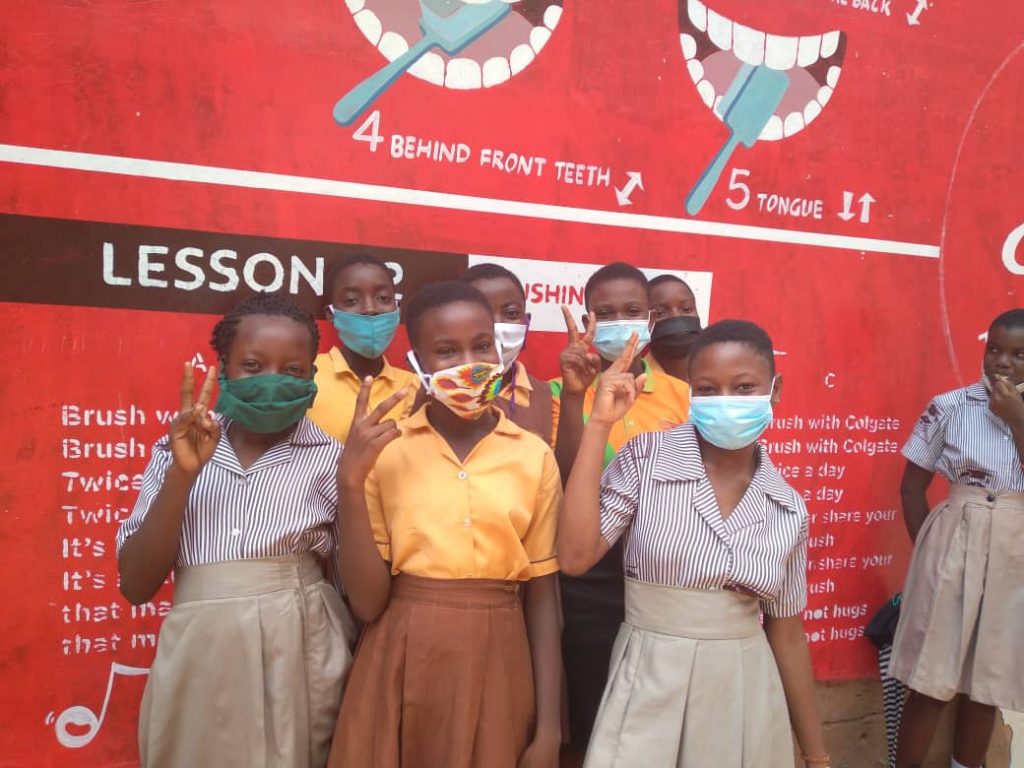
Because the alternative digital and e-learning programme have not been completely designed to be very interactive for students of different grades, levels, and different learning abilities, students are now beginning to realize that online learning cannot replace the classroom teacher, and have seen it to be a boredom way of learning. Consequently, they have shown little interest in the digital version of education.
The pandemic has not been fair to the school girl-child in any way, for it has exposed them more to the dangers of teenage pregnancy. In Amenfi West Municipality, twenty-eight (28) girls who wrote the 2020 BECE in September were pregnant. Out of this number, only eight of them were able to sit for the exams. With schools still in their closure mode, many female students are being on the verge of dropping-out out of school because they have become either expectant mothers or nursing mothers.
Of course, teenage pregnancy has always been a headache for the education system in Ghana before Covid-19, but it has become worst in during this pandemic. The number of teenage pregnancies recorded during the shutdown of schools is so worrisome. The consequence is that many of these students are potential school drop-outs, and certainly, school enrollment will decline.
Despite the fact that coronavirus has negatively impacted education, it has left positive legacies as well. As there are always two sides to a coin, any challenge that is so disruptive is also likely to bring with it some new opportunities. So as Covid-19 pandemic brought some notable opportunities and possibilities in Ghana’s education system. Some of the key area of opportunities are the following.
Coronavirus has improved the health needs of students. In fact, every student knows what is personal hygiene, but majority of students never practiced it in its fullest glory until covid-19 pandemic broke out. Being hygienic is no longer just a good habit, but the very necessary skill students need for survival⸱ Times have changed, and students are now fully aware of how important it is to keep themselves clean. To this effect, students will always remember the safety precautionary instruction “cover your mouths while you cough” and for their hands, they will never forget the holy-healthy command “sanitize your hands regularly”.
In addition to the above, coronavirus has brought about the utilization of innovative methods of teaching. Covid-19 has become an eye-opener in the Ghanaian education sector. Of course, with the emergence of coronavirus, schools have been shut down, leading to unprecedented disruptions in learning activities⸱ But to a large extent, coronavirus has revealed countless shortcomings and backwardness in Ghana`s education system. Before coronavirus, schools in Ghana, even most of our top universities, had not known what online education, otherwise known as e-learning, is. Arguably, this is something schools should have been doing a long time ago by making sure that all students have access to the technology and the internet they need in order to be connected in-and-out of school hours. Our education system has for so long restricted students to the walls of the classroom⸱.
The pandemic has revealed that Ghana`s education system can have a virtual classroom, where students can learn at any preferential times. As we wait for schools to resume fully, e-learning of various forms (through websites, apps, social media, TV and radio) are ongoing. Although not all Ghanaian students enjoy this privilege of e-learning intervention, coronavirus has enlightened us that if we had had effective e-learning systems earlier, education sector would not have felt the negative impact as such.
Tapping lessons from the coronavirus experiences, the Ghana Education Service, Ministry of Education and other stakeholders are planning to roll out full e-learning systems as alternative learning systems to the physical classroom teaching in the near future. When this happens, every Ghanaian student will have three choices: whether to enroll onto the physical classroom system, or to enroll onto the e-learning one, or to blend the two. Aside the disruption faced due to the novel coronavirus, education in our developing world has experienced some major changes.
School authorities have realized that education need not solely occur through primitive methods that do not utilize the highest potential of the brain. Approaches like integrated learning with greater implementation of technology will be adopted in the near future. In the face of a crippling pandemic, technology emerged as a major lifesaver not only in education, but also in all other aspects of human socio-economic lives. This means that Ghana’s education sector will now harness and utilize technology to its fullest level, and education will become more flexible and accessible to all. This generation could influence the evolution of education, as they are in the best position to grow and learn and grow from it.
What more shall be said? Covid-19 has exposed the unfair situation in schools where most parts of the country lack amenities that promote and motivate digital and e-learning which was introduced by the Ministry of Education and the Ghana Education Service. Many students have become more of passive learners than active learners, and many more are left to their own fate because they do not have equal opportunities as their counterparts do.
While students who come from rich homes and the cities have several chances to learn either on smartphones, computer, or TV, those from poor homes or areas with no electricity cannot boast of a smartphone, not even a TV. Due to lack of electricity and good network, a lot more students from the remote than those in the cities have not benefited at all. In other words, only the students in the cities were favoured by e-learning system. Thus the lesson learnt from this pandemic is that coming government will provide equal educational opportunities for every Ghanaian child, regardless of geographical location⸱
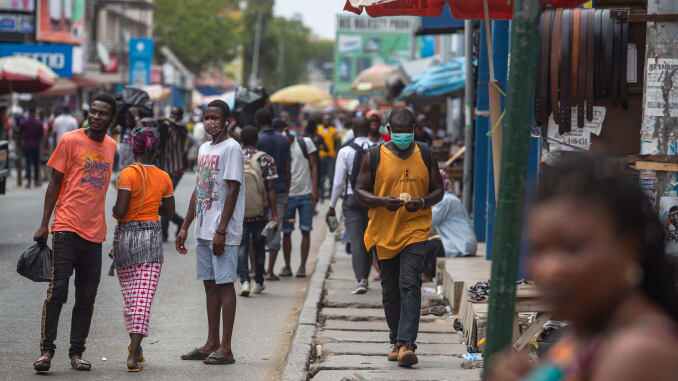
In the heart of the above impacts coronavirus has brought to education system in Ghana, one would suggest that the best that can come of this is a new paradigm shift in terms of the way in which we look at education. Children`s well-being and success depend on more than just schooling. Students’ life should be looked at holistically, and not to be limited to the walls of the classroom.
To sum up, Coronavirus has affected everybody in the education sector: directors, teachers, students and parents. Nevertheless, just as covid-19 has negatively impacted education in some conspicuous ways, it has also brought a tremendous improvement in education. Coronavirus crisis is a deep and sudden shock, but it is unlikely to be the last. To build a healthy, prosperous, and secure future, government and all stakeholders should ensure that the education systems are adequately financed to make smart use of technology, and protect teachers.
The pandemic is an opportunity to remind ourselves of the skills students need in this unpredictable world such as informed decision making and creative problem-solving. Covid-19 has become a catalyst for educational institutions worldwide to search for innovative solutions in a relatively short period. Within this coronavirus crises, there is an opportunity to reshape Ghana`s education in order to offset future occurrences.
Source: https://www.modernghana.com/news/1042837/impact-of-covid-19-on-education-ghana-in-perspect.html
